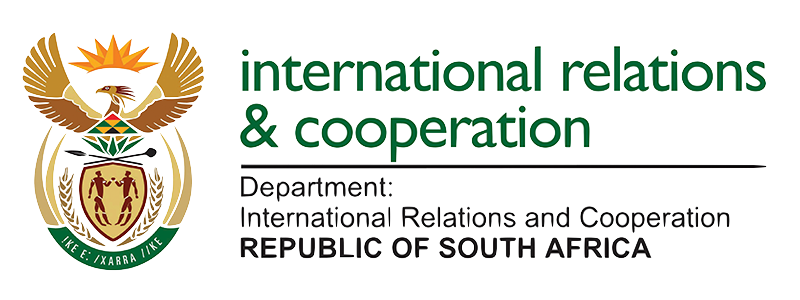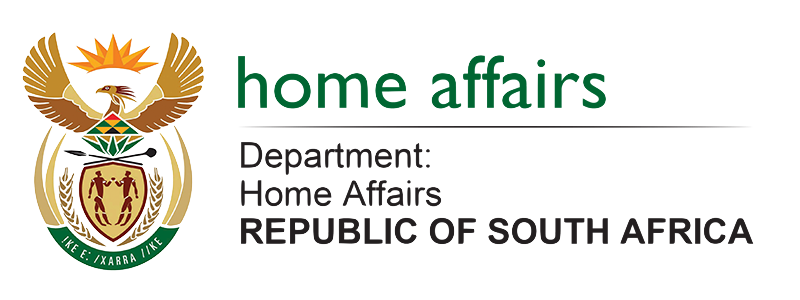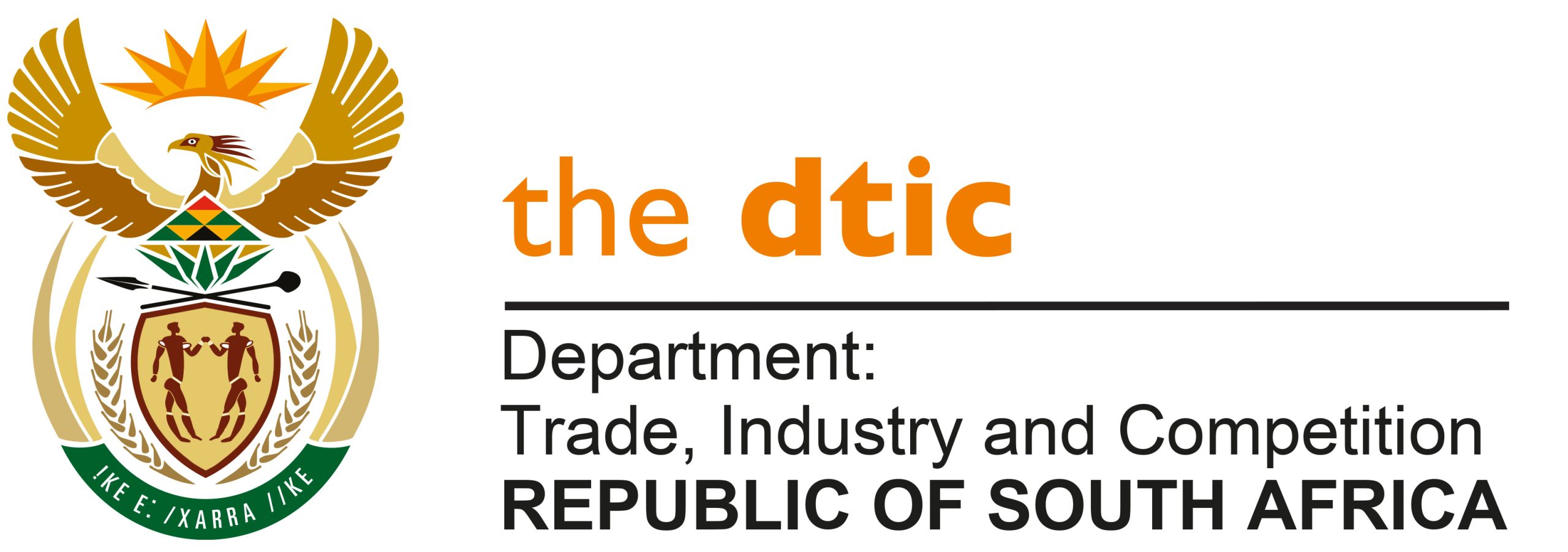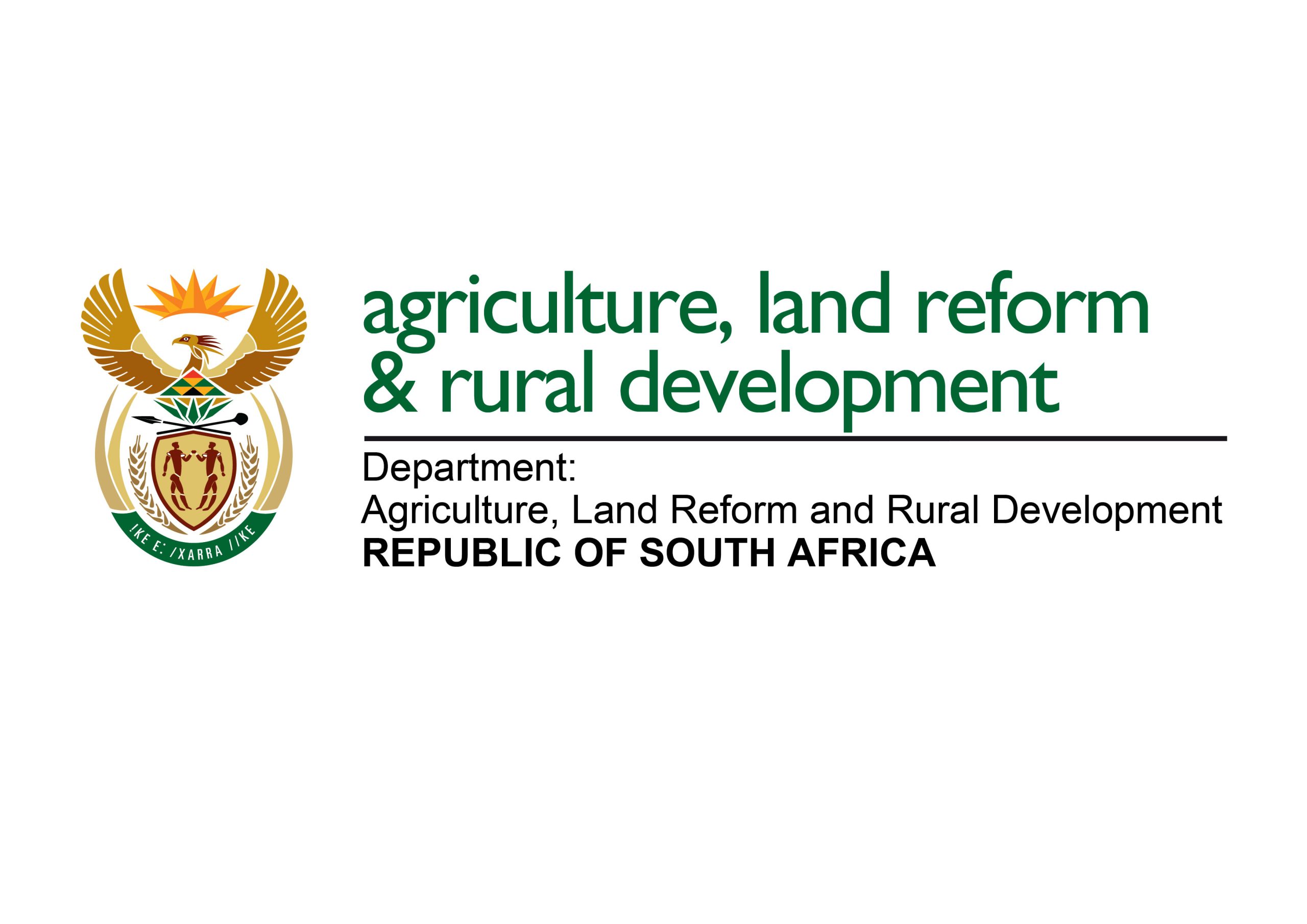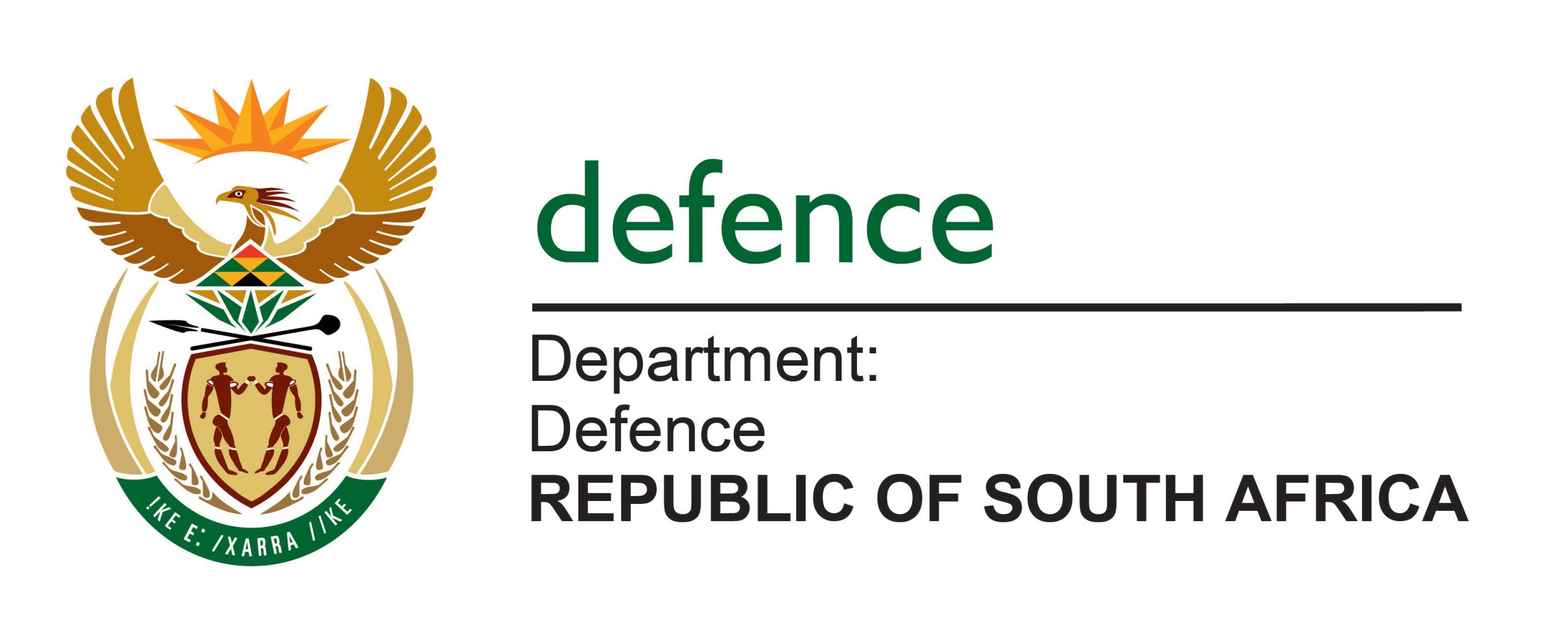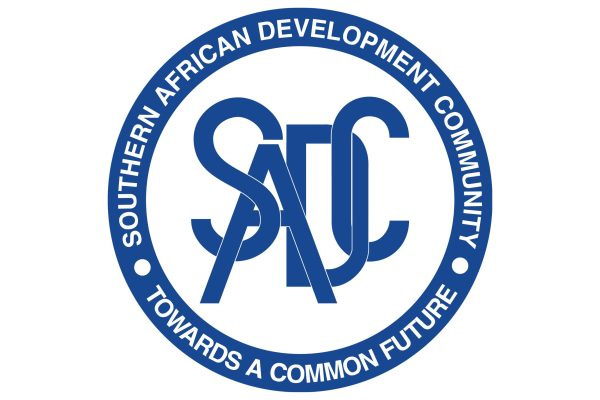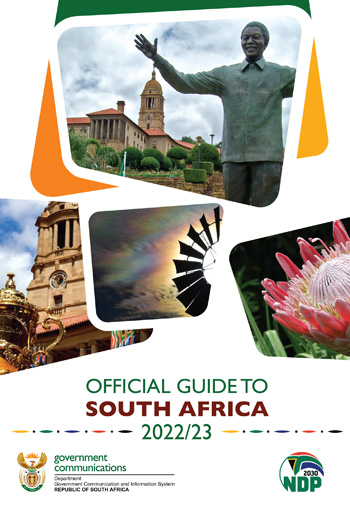MULTILATERAL RELATIONS
Tokyo International Conference on Africa’s Development (TICAD):
It can be recalled that Japan initiated the TICAD process in 1993 (TICAD I) at a time that Africa was marginalised. The process put Africa and its development back on the international agenda. Apart from Japan, its co-organisers include the Global Coalition for Africa (GCA), the UN Office of the Special Adviser on Africa (UN-OSSA), the UN Development Programme (UNDP) and the World Bank
TICAD II was held in October 1998 in Tokyo. The “African Development Towards the 21st Century: the Tokyo Agenda for Action” was adopted at TICAD II with the aim of ensuring policy implementation. The Tokyo Agenda for Action expressed the commitment of African countries to the agreed goals in social development, namely, good governance, conflict prevention, etc.
A high level delegation led by the then President, Mr Mbeki participated at the TICAD III from 29 September to 1 October 2003. The Government of Japan has sought to keep the issue of African development on the global agenda through the TICAD process. It is through this TICAD process that Japan seeks to support the New Partnership for Africa’s Development (NEPAD) in various projects including infrastructure, agriculture, ICT, education, health and capacity building. In May 2003, the then Prime Minister Junichiro Koizumi stated that “Japan’s basic policy on cooperation with Africa will be to support NEPAD through the TICAD process, and to expand partnership for that purpose…..and maintain solidarity between NEPAD and G8, and co-operation with international organisations at the centre of our partnership”.
At the TICAD III, Mr Mbeki expressed appreciation to the government for Japan for its commitment to the TICAD process and for championing the cause of African development. Mr Mbeki also placed emphasis on the role that Japan can play in realising the objectives of NEPAD in priority areas such as: agriculture, health, education, infrastructure capacity building, expertise and resources of Japan International Cooperation Agency (JICA), trade and investment, and informing the Japanese private sector of the new opportunities which exist in Africa.
The then President, Mr Mbeki led the South African delegation to TICAD IV, held in Yokohama from 28 – 30 May 2008. The attendance by 40 other African Heads of State/Government or their deputies was the highest since the TICAD process commenced and indicative of the growing importance of this forum. Mr Mbeki spoke during the first agenda item of boosting economic growth and whilst he acknowledged that the African continent has seen average growth of over 5% in the past four years, the major challenge is to ensure that this growth is sustained and spread across all regions to reduce poverty and inequality.
Japan’s financial commitment and assistance pledged to Africa during TICAD IV was generous. Another positive development with the latest TICAD Summit was that TICAD IV not only adopted a declaration, but significantly, for the first time, it also adopted an Action Plan and a Monitoring Mechanism for the Action Plan. The “Yokohama Action Plan” outlines the measures to be implemented through the TICAD process during the next five years. The “TICAD Follow-up Mechanism” is to monitor implementation and assess the impact of the TICAD process.
G8:
The then President, Mr Mbeki attended the G8 Summit from 7-9 July 2008 and was assisted by the Minister of Environmental Affairs and Tourism, Mr M van Schalkwyk and the President’s Legal Advisor, Advocate M Gumbi who is also the South African Sherpa, as well as other senior officials such as Ambassador BS Ngubane and Ambassador G Nene.
Africa’s development was again on the agenda and leaders of seven African countries, including Mr Mbeki and the Chairperson of the African Union (AU) urged developed nations to accelerate implementation of programmes and to monitor and re-enforce their commitments to Africa.

